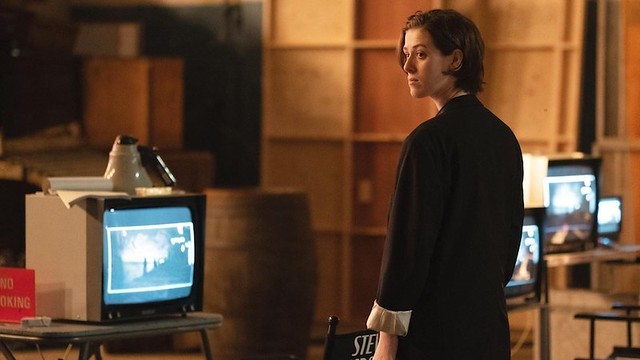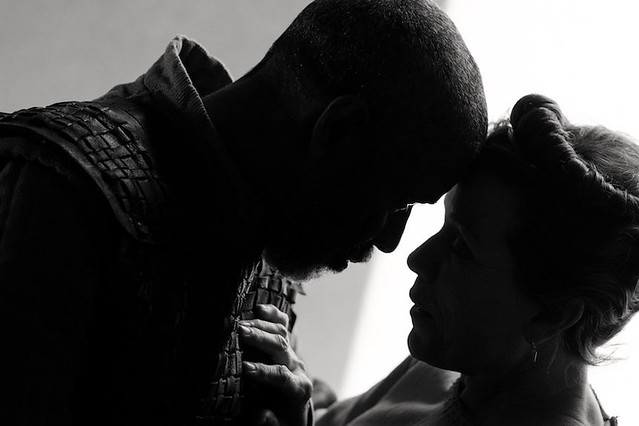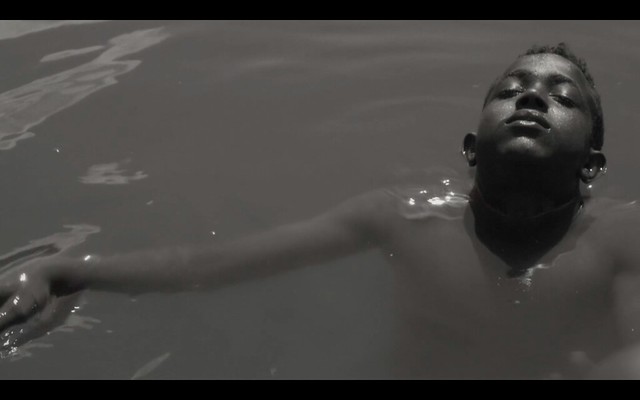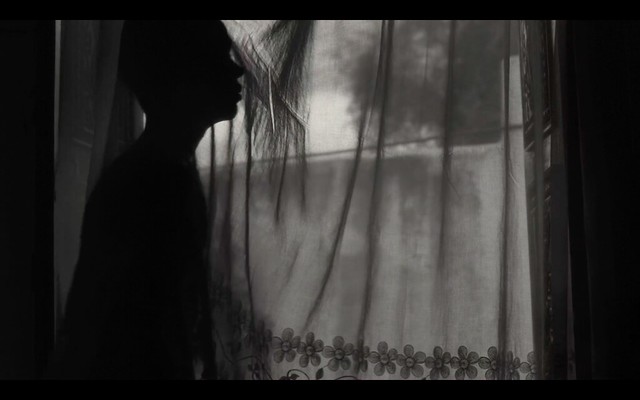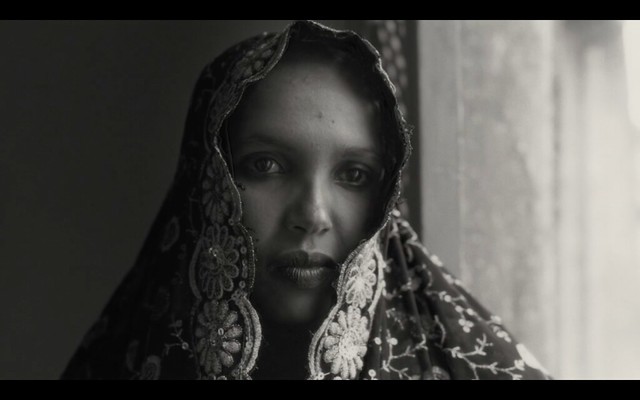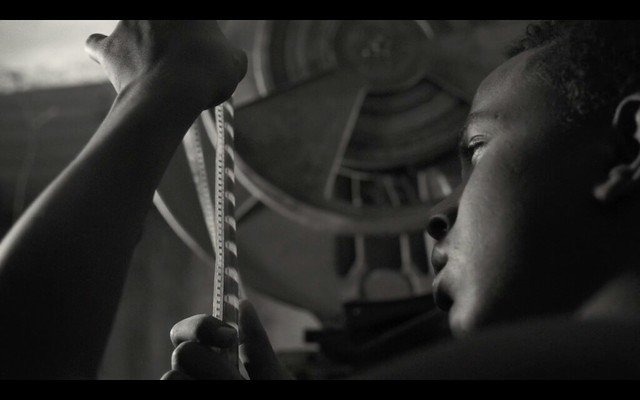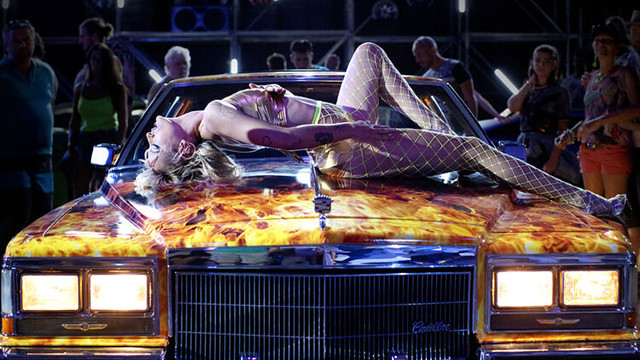 How do you describe Titane, Julia Ducournau's Palme d'Or winner, a follow up to sensational debut, Raw? A Cronenberged feminist fever dream? A J.G. Ballardian vision of the future? A sexed up version of Electra Complex with Twelfth Night thrown in? Remove all the glitzy exterior and many cringe worthy moments from it, Titane is a sweet father-daughter story. But it is how it is told. And it is told with gusto.
How do you describe Titane, Julia Ducournau's Palme d'Or winner, a follow up to sensational debut, Raw? A Cronenberged feminist fever dream? A J.G. Ballardian vision of the future? A sexed up version of Electra Complex with Twelfth Night thrown in? Remove all the glitzy exterior and many cringe worthy moments from it, Titane is a sweet father-daughter story. But it is how it is told. And it is told with gusto.
Young Alexia is first seen in the car driven by her dad. Distracted by her behavior, dad loses the control of the car and crashes. Alexia ends up with a metal plate in her head. Now grown up Alexia (Agathe Rousselle) is oiled up blonde working at a car show as an exotic dancer. Her overtly sexy dance routines earn many fans. But she also is subjected to daily harrassment and unwanted sexual advances along with her co-workers. It is clear that she has some deep seeded daddy issues as well as intimacy issues, as she kills off those who wants to be close to her with pluging her trusty metal chopstick that she uses to hold up her lanky hair, into the ear of her victims. She seems to have connections with those big muscle cars she represents at the shows and has loud orgasms in the cars masturbating.
The bodies pile up and now Alexia is on the run, disguising her appearances and taping her boobs to appear as a lanky boy. She also is pregnant and car engine oil like substance are coming out of her orifices. She finds a missing person's leaflet and decides to be an imposter as a long lost son of Vincent (Vincent Lindon), a macho captain of a firehouse in a small town. Vincent, who has been hoping to find his son Adrien for so long, when beaten and battered (self-inflicted) and mute Alexia shows up, pretending to be his son, he is overjoyed. It doesn't matter that Alexia doesn't resemble his son, or why his returned son is cagey about his appearances. He has his son back and he's gonna groom him as a macho firefighter like himself.
The story Ducournau presents is totally bonkers. And it features some of the funniest scenes including a crazy firehouse party, which is very much like a college frathouse party with lots of shirtless, ripped firefighters dancing and binge drinking and it being sabotaged by Alexia/Adrien's sexy girl showroom dancing is perhaps the most cringe inducing scene, since Sacha Baron Cohen's cage fight/makeout scene in Bruno.
Ducournau has an agenda to fulfill, to bring down the patriachy to its knee in the most shocking way while rubbing male gazing sexism in its face. And it is glorious.
Vincent Lindon, the reigning symbol of French masculinity, gives an uninhibited performance as a bullheaded macho man succumbing to his desire to take care of his offspring even if it turns out to be a daughter instead of a son. Agathe Rousselle, seesawing between menace and volnerability in a very tricky and physically demanding role, is a real treasure. Ducournau is a new breed of filmmaker who isn't afraid of breaking conventions. With Larrain's Ema early this year, Titane is one of the most exhilarating films I've seen this year.
After New York Premier at NYFF, Titane opens theatrically on 10/1. Please visit Neon website.
